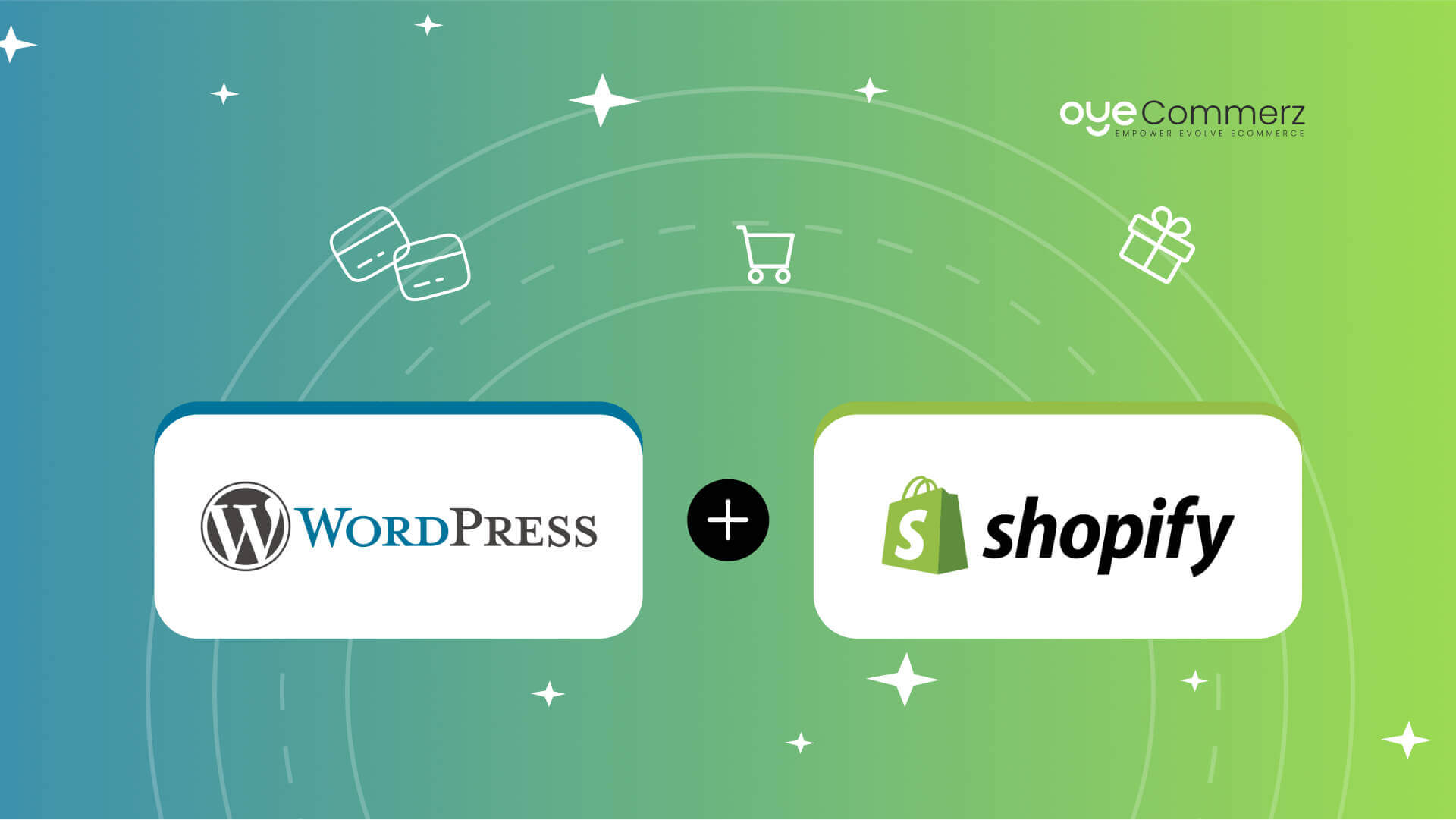In the constantly changing sphere of eCommerce, choosing the optimal solution is vital for your brand’s prosperity. If you’re at the moment using WP and planning a migration to Shopify, you’re not by yourself. Many businesses are making this transition to leverage Shopify’s robust tools, simplicity, and expandability. This guide will take you through the process of migrating from WordPress to this platform smoothly, making sure that you unlock your online retail potential.
Why Switch from WP to Shopify?
Before exploring the migration journey, it’s important to understand why this shift can be helpful for your digital storefront:
Accessible Tools: Shopify provides an user-friendly interface that makes easier store operations, allowing for non-technical users.
Scalability: As your brand expands, Shopify can accommodate higher visitors and sales without compromising efficiency.
Built-in Tools: Shopify comes with pre-installed features for SEO, analytics, payment management, and much more, reducing the requirement for several plugins.
Enhanced Security: With Shopify, you benefit from advanced security features that protect critical customer information.
Steps for a Seamless Migration
Migrating your eCommerce site from WordPress to Shopify involves multiple actions.
Here’s the way to facilitate a successful transition:
Outline Your Migration Strategy
Kick-off by outlining your migration strategy. Decide on which aspects of your current site you wish to transfer, such as:
Inventory information
Client data
Order history
Articles
Choose the Appropriate Migration Package
Based on your needs, opt for a migration service that fits your eCommerce goals. Professional services delivers various plans:
Basic Migration Package: Perfect for small stores with fewer products.
Regular Option: Suitable for growing businesses Shopify for traffic growth with more complex needs.
Premium Migration Package: Excellent for high-volume stores needing broad customization.
Secure Your Data
Ahead of initiating the migration, make sure that you have a comprehensive backup of your WordPress site. This task is crucial in the event anything goes off track during the transfer.
Retrieve Your Content from WP
Use tools or alternative solutions to export critical information from your WP site:
Products
Clients
Sales records
Blog posts
Import Content into Shopify
When you have your data retrieved, employ Shopify’s migration apps or third-party apps to migrate your content into your Shopify store. Ensure that all data is properly structured and placed.
Customize Your Shopify Store
Following migrating content, adjust your Shopify store’s theme to match with your style. Look into working with a developer if you need complex customization.
Configure Checkout Systems and Delivery Settings
Arrange payment gateways and shipping settings in Shopify to facilitate a smooth purchase experience for customers.
Apply Search Engine Optimization Guidelines
To keep your search engine rankings during the transition:
Set up 301 redirects from old URLs to new ones.
Update meta tags.
Optimize media and text better eCommerce platform for search engines.
Evaluate Your Updated Shop
Prior to going live, extensively test your migrated store. Look out for any discrepancies, payment processing issues, or incomplete files.
Launch Your Platform
After everything is in order, it’s the moment to launch! Inform the update to your clients and encourage them to discover the updated features of your Shopify store.
Post-Migration Guidance
Following launching your Shopify store, ongoing assistance is key. Consider engaging service providers who can assist with:
Troubleshooting
Marketing strategies
Improvement strategies
Conclusion
Migrating from WordPress to Shopify can be a game-changing decision for your eCommerce. By adopting this guide and working with experts like those offered by OyeCommerz, you can ensure a smooth transition that boosts your online presence. Adapt to the opportunity and discover the full capabilities of Shopify today!
